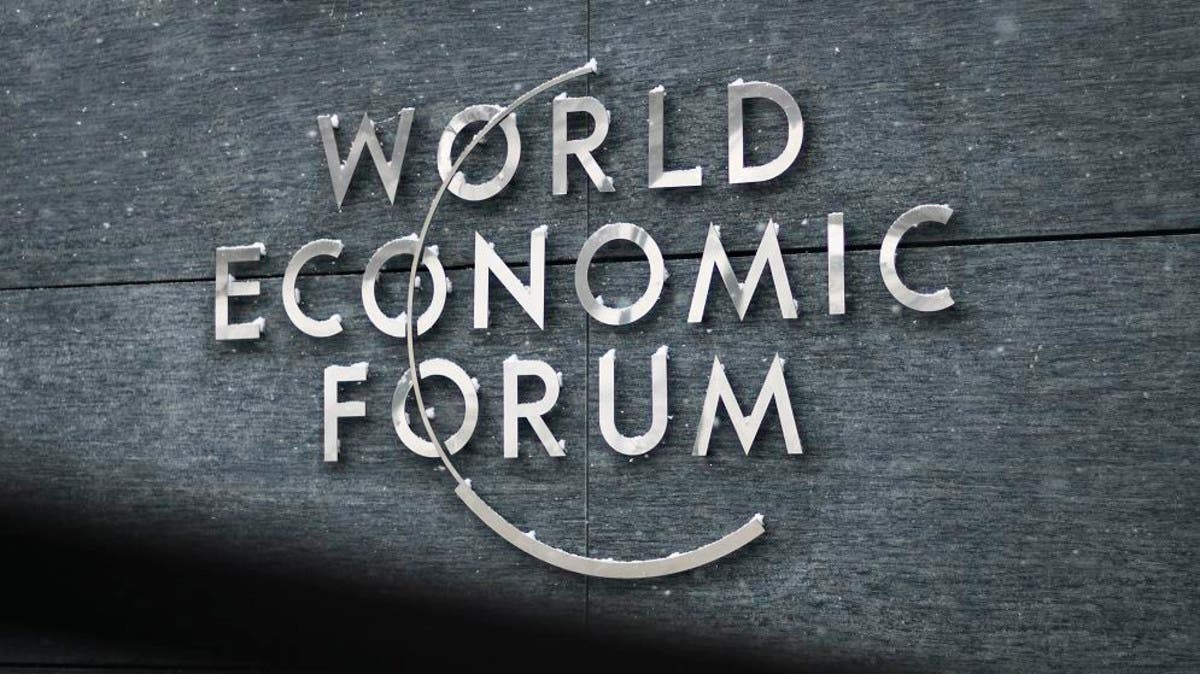The COVID-19 pandemic revealed weaknesses and vulnerabilities in various countries across the globe, a risk management analyst told Al Arabiya English.
“Late responsiveness, inadequate capacities to address the problem, the disruption of supply chains, among others, showed that we were not prepared to deal with this global crisis, despite the concerns, warnings, and speculations of scientists who perceived the rapid spread of infectious diseases as a global risk,” Hicham Khamis from Pinnacle Infotech said.
Economies, social policies, and systems are recovering from the pandemic and its variants, but newfound opportunities exist with rapid progress on vaccination rollouts.
For the latest headlines, follow our Google News channel online or via the app.
Despite the world turning the corner, many nations continue to face stagnating economies with little potential for growth.
“Many countries and major economies are still struggling to combat the economic knock-on which aggravated social divides, disparities, labor market gaps, inflation, and public debts,” Khamis noted, adding that countries in the global south are being held back by low vaccination rates.
The World Economic Forum’s (WEF) global risk assessment for 2022 indicated that environmental risks are the ones perceived as the most severe threats over the coming decade. Climate action failure, extreme weather, and biodiversity loss will all play a role.
Infectious diseases remain a steady threat, while economic and geopolitical confrontations create risks for large parts of the globe.
Arab countries have their own challenges, with regional disputes a constant, which weigh down on the progress and prosperity of several countries.
Deloitte’s senior advisor for government and the public sector, Wael Kaafarani, explained to Al Arabiya English that it is critical to differentiate between “perceived” risk and “actual risk.” Risk perception refers to experts’ judgments and evaluations of an adverse event that could occur in the future.
“To assess the probability and impacts of risks and develop adequate mitigation plans allowing to prevent or decrease the negative impacts, actual data and risk indicators are used to determine inherent risks in countries with robust risk management procedures, not perception,” Kaafarani said.
Gulf Cooperation Council
The WEF’s assessment indicates that Saudi Arabia should keep an eye on potential inflationary prices on goods and services.
Fractured relations in the region prevail, including proxy wars, military interventions, chemical, biological, or cyber-attacks.
The attacks from the Iran-backed Houthis targeting infrastructure in the Kingdom remain a threat. Attacks on airports, oil refineries, hospitals, and roads could have economic and societal ramifications on Saudi Arabia.
The UAE and Qatar sit in relatively stable geopolitical and economic environments. According to the assessment, Qatar sees failure to address climate action as a significant risk.
Given the United Arab Emirates’ position as a regional financial hub, the risk of an asset bubble burst exists. Keeping on top of extensive cybersecurity measures is essential too.
“What is more important than risk is the response to address the inherent risks with appropriate and adequate controls to bring their impact into an acceptable level based on the risk tolerance of each nation,” Kaafarani said.
Many GCC countries have set a good example by taking initiatives to address economic, financial, social, and cyber security risks.
These initiatives include effective policies to manage public debt and the steady diversification of the economy to become less oil-dependent.
Wider Middle East
Iraq and Lebanon are two countries to watch in the year ahead for different reasons.
Iraq’s economic position has improved in parallel with the recovery of global oil markets. World Bank data indicates that a 3.4 percent in growth of GDP is expected from 2022 to 2023.
Iraq’s recovery is due to a large extent to the pressure on the healthcare systems easing that was struggling during the pandemic, Serge Zamora, economist, and a senior analytical consultant at SAS, told Al Arabiya English.
The desperate economic situation in Lebanon is unlikely to change this year, and one analyst suggested that the elections – set to take place this year – will play an essential role in how the country’s economy and society will fare.
“Everyone has their doubts on whether the general Lebanese elections -scheduled on the 15th of May 2022 – will be conducted as programmed,” MENA geopolitical analyst at ClipperData Analytics, Bachar el-Halabi, told Al Arabiya English.
He argued that there are potential security risks of various kinds if the elections are postponed. Another factor that could impact the elections is whether the US and Iran reach a deal in the Vienna nuclear talks.
He stated: “If that happens before May, which might be the case, I think Hezbollah might be in a better position to engage in the elections and to probably attempt to maintain a parliamentarian majority which will only solidify its grip on power and the state as a whole.”
Read more:
Truck crashes into entrance of mosque in Iran holy city
Contracts show Lebanon’s central bank obscured recipients of commissions
Egypt is fast becoming France’s closest MENA ally

 World2 years ago
World2 years ago
 World2 years ago
World2 years ago
 Entertainment7 years ago
Entertainment7 years ago
 World7 years ago
World7 years ago
 Entertainment7 years ago
Entertainment7 years ago






